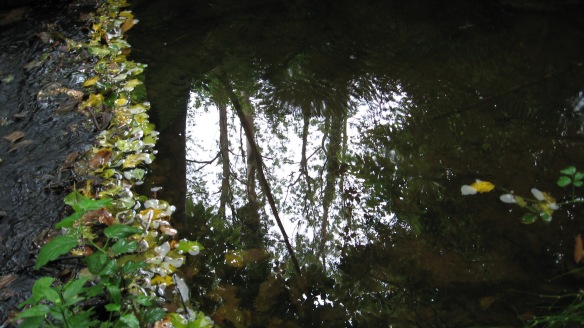If Nicole Kidman’s appearance in the play The Blue Room was pure theatrical Viagra*, then Jessica Ennis and her fellow Olympic stars are pure athletic Prozac.
Two weeks of vicarious sport, watching Lycra-clad lovelies running, jumping, cycling, swimming and generally looking fit in every sense of the word, have provided a great tonic for a nation groaning under the combined weight of a double-dip recession and the worst summer in recorded history.
Just for now, reality is suspended. It’s as if there’s no downturn, no euro crisis, no unemployment. The markets may be plummeting again but we don’t know and right now we don’t care. Even truly horrific, significant stories like the massacre of Sikhs by an alleged neo-Nazi in the US are barely getting a mention on the TV news, as the media urges us forward on the trail of gold.
What’s particularly amazing about the Olympics is that the cynics have been completely won over. Most Londoners didn’t want the Games in the first place: indeed many thought it would be an unmitigated disaster. I was in the doom-mongers’ camp: after the Wembley stadium debacle of a few years ago I doubted whether we’d even have the venues built in time, and even if we did I thought anyone’s chances of arriving via the creaking transport system were low. Well, we did finish the venues, the transport system has just about coped, and by international reckoning we’ve run a great Games so far.
Now, we can sit back on the sofa and watch a bunch of people giving their all for their sport. They’re crying if they win, crying if they lose, crying if they don’t make the final, crying if they do. This is the Princess Diana generation, all grown up and properly in touch with their emotions.
If the London 2012 Olympics have done nothing else, they’ve buried the British stiff upper lip once and for all. And good riddance to it too, nasty damaging facial disfigurement that it was.
The athletes are, in effect, people who’ve completely lost their perspective. They’ve gone for gold at great personal cost: the years of getting up at dawn, the training beyond the point of pain and literally throwing up, the injuries, the long-term impact on their bodies, the sacrifice of normal fun and partying – the list goes on. We don’t see that, the pain, the decisions in the dark places to carry on, away from the cameras and the glory train. We just see the 5 seconds or 5 minutes or 5 hours of their event, and we see how much it means to them, win or lose.
Losing your perspective is generally seen as a bad thing, and generally it is. Somehow with Olympic athletes it seems laudable. They seem balanced, grounded, articulate and mostly thoroughly likeable people. Maybe there’s a lesson there – that self-control and discipline make fine people?
The downside to all this, of course, is that for every athlete who reaches their golden goal, others tried and failed. Some of them in their immediate post-race interviews – silver medallists among them – apologise to their friends, supporters and the nation for “letting them down”. Gold was everything. A lifetime’s dreaming, work and expectation, blown in a few minutes. Yes that must hurt.
Even the winning athletes – and the nation with them – may yet slump into a massive post-Games anti-climax. After all, these guys have focused on nothing else for years, some of them for their entire teenage and young adult lives. It’s hard to see where you go from here if you’ve achieved incredible triumph, any more than if you failed to live up to your goals.
The nation too, once undistracted by heavenly bodies and sporting soap opera, will have to return to the realities of an austerity age. Sadly the recession won’t have gone away when we collectively wake up from our Olympic dream. The weather probably won’t have improved either.
But the legacy may just be that Generation X-Box gets off its collective backside and gets out there running, cycling, swimming, or any other of the host of activities we’ve seen on display.
I cycled faster to the station than ever before the day after Bradley Wiggins’ time trial victory; Saturday’s 10-mile bike ride before breakfast simply hadn’t ever happened before; and now, running through the woods, I can imagine (for at least the first 500 metres when reality kicks in), that I’m Jessica Ennis.
If that’s the micro-impact on me, here’s hoping that the nation’s children will be properly inspired to lose their perspective too.
*****
*This was Charles Spencer in the Telegraph, clearly a happy man after seeing Ms Kidman in the altogether.






